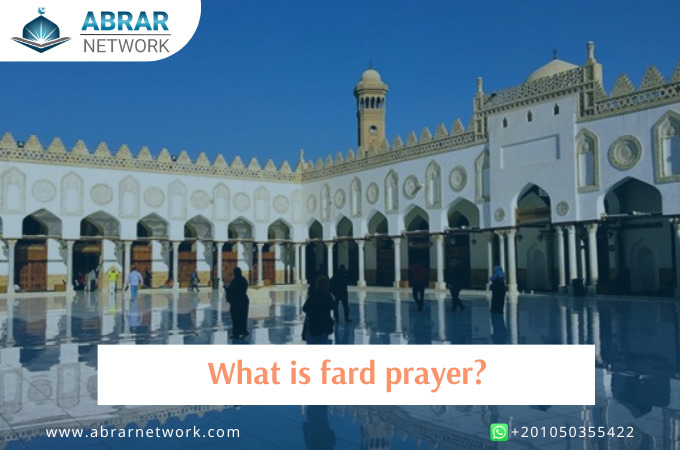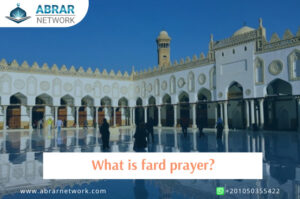The Essence of Fard Prayer in Islam: A Spiritual Commitment
What is fard prayer?
In the tapestry of Islamic devotion, Fard prayers stand as the foundational threads, weaving a connection between the believer and Allah. In this article, we delve into the significance of Fard prayers, exploring their essence, the rituals involved, and the spiritual nourishment they offer to the soul.
Understanding Fard Prayer: A Divine Mandate
Fard prayers, also known as obligatory prayers, are the cornerstone of a Muslim’s worship. They are the five daily prayers prescribed by Allah and form an integral part of a believer’s journey toward spiritual fulfillment. The term “Fard” denotes a mandatory act, emphasizing the non-negotiable nature of these prayers.
The Five Daily Fard Prayers:
1. Fajr – The Dawn Prayer:
Comprising Tow Rakahs (units), Fajr marks the beginning of the day. The pre-dawn stillness becomes a sacred canvas as believers engage in this prayer, fostering a serene connection with Allah.
2. Dhuhr – The Midday Prayer:
Dhuhr consists of four Rakahs and is performed after the sun has passed its zenith. It serves as a midday pause, allowing Muslims to realign their focus and express gratitude for the blessings of the day.
3. Asr – The Afternoon Prayer:
Asr, with its four Rakahs, is observed in the late afternoon. This prayer serves as a moment of reflection, bridging the gap between the day’s activities and the approaching evening.
4. Maghrib – The Sunset Prayer:
Maghrib, performed just after sunset, consists of three Rakahs. It’s a prayer of gratitude for the day’s sustenance and an acknowledgment of Allah’s benevolence.
5. Isha – The Night Prayer:
Isha, the final prayer of the day, includes four Rakahs. It is a tranquil connection with Allah before retiring for the night, seeking forgiveness and guidance.
The Rituals of Fard Prayer: A Spiritual Symphony
Fard prayers involve specific postures and recitations, creating a harmonious rhythm of submission and devotion. Each prayer includes standing, bowing (Ruku), prostration (Sujud), and a final sitting (Qa’dah).
The recitation of verses from the Quran during these postures amplifies the spiritual significance of the prayer.
The Spiritual Fulfillment of Fard Prayer:
Fard prayers transcend routine; they are a sacred conversation with Allah. Each prayer serves as a moment to detach from worldly concerns, seeking divine guidance, forgiveness, and mercy.
The disciplined observance of Fard prayers shapes a Muslim’s daily life, fostering a continuous connection with the Creator.
Conclusion: Fard Prayer – A Pillar of Spiritual Architecture
In embracing Fard prayers, Muslims build a spiritual architecture that sustains them through the ebb and flow of life. These prayers are not mere rituals; they are a gateway to spiritual fulfillment, a compass guiding believers through life’s journey.
May the observance of Fard prayers be a source of tranquility, strength, and divine proximity for every devoted soul.



